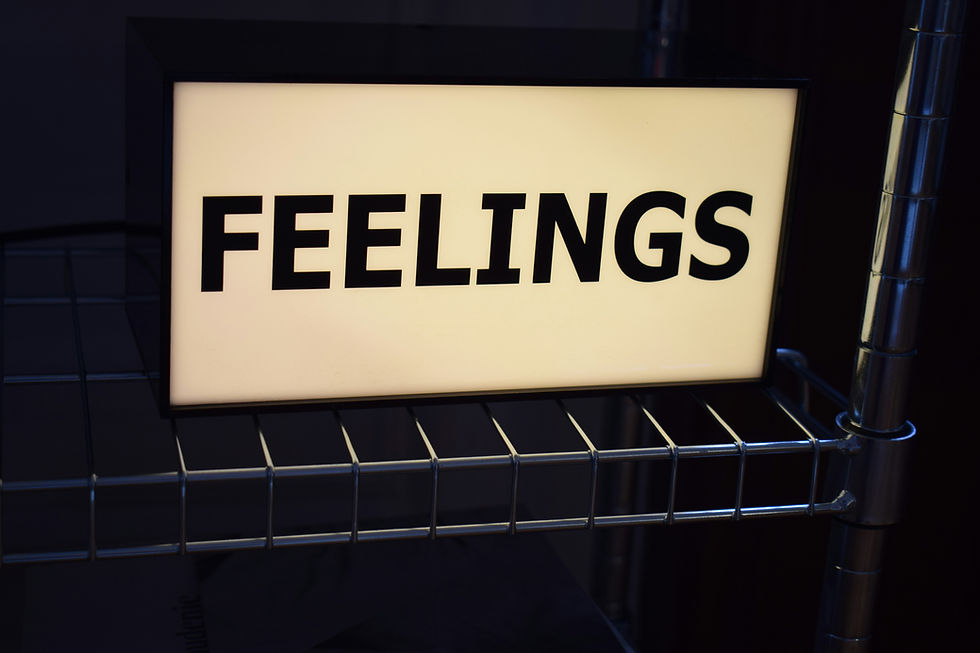Understanding and Addressing Self-Harm: A Guide for Supportive Intervention
- Dr Liliya Korallo
- Jan 4, 2024
- 2 min read
Updated: Sep 29, 2024
Understanding Self-harm and Knowing How To Receive Help
Self-harm is a complex and sensitive topic that affects many individuals. This blog will explore the reasons behind self-harm, its psychological implications and how to seek help and support for those who are struggling.
What is Self-Harm?
Self-harm refers to deliberate acts of self-injury or self-inflicted pain. It is often used as a coping mechanism to deal with overwhelming emotions or a sense of numbness. When we picture self-harm it is usually adolescents who cut themselves however self-harm can present itself in a range of ways. Some forms of self-harm include:
Cutting
Burning
Scratching
Hitting oneself
Preventing wounds from healing
Head banging
Taking overdoses
Over/undereating
Working extremely long hours
Deliberately sabotaging relationships
Reckless driving
Self-harm can be a manifestation of a deep-rooted emotional turmoil such as depression, anxiety, trauma or even feelings of nothingness. It can serve as a way to regain control, express emotional pain or relieve overwhelming emotions. It is important to know that self-harm is not a healthy or sustainable coping mechanism and can lead to further emotional distress.
How to Receive Help
If you or someone you know is struggling with self-harm it is essential to reach out for support. A psychologist or therapist can help explore and understand the underlying causes of self-harm and together develop healthier coping strategies. This could be creative outlets, relaxation techniques or pursuing physical activities. It is key to find what works best. There is also the need to create a safety plan for managing self-harm urges with a mental health professional; this could include distraction techniques or emergency contacts.
The people you surround yourself with are additionally very important. By having supporting individuals around you they can provide encouragement and a sense of understanding, making this challenge easier to overcome. By opening up and sharing your feelings this can help alleviate the burden. You can also join support groups or online communities to connect with others with similar experiences so you know you are not alone.
To conclude, self-harm is a difficult issue but seeking help is crucial. Remember you don’t have to face this alone. If you or someone you know may be struggling with self-harm visit our website City Psychological Services https://www.citypsychologicalservices.com/ and talk with Dr Liliya Korallo where she will be able to provide the best resources available to help you.











Comments